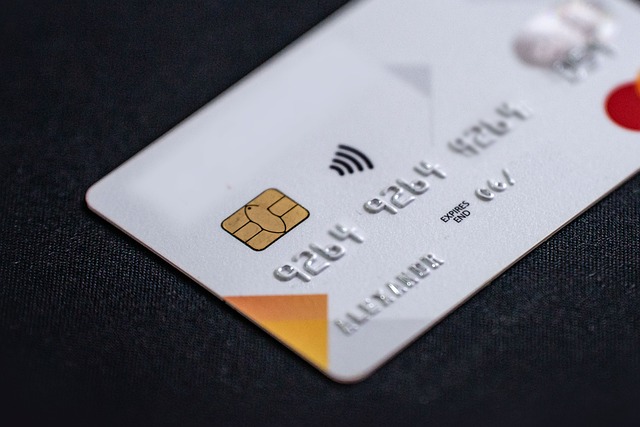Low-income credit card holders facing high-interest rates and debt overload can find relief through Debt Management Plans (DMPs) facilitated by financial professionals or non-profits. DMPs negotiate lower interest rates, create realistic repayment schedules, and freeze/reduce fees, helping individuals regain control of their finances and improve credit scores without straining limited resources.
For many low-income credit card holders, managing debt can feel like an insurmountable task. This article provides a comprehensive guide to navigating and alleviating this financial burden. We’ll delve into the unique challenges faced by low-income individuals with credit cards, exploring various debt management plans tailored to their needs. By understanding these options, you can take practical steps towards credit card relief, regain financial control, and pave the way for a brighter financial future.
- Understanding Low-Income Credit Card Debt
- Exploring Debt Management Options
- Practical Steps for Credit Card Relief
Understanding Low-Income Credit Card Debt

Low-income credit card holders often face unique financial challenges due to their limited income and potentially high-interest rates on their cards. This situation can lead to a cycle of debt that’s difficult to break, where even minimal purchases become overwhelming when faced with existing outstanding balances. Understanding this complex issue is the first step towards providing effective solutions.
Debt management plans for credit cards are tailored strategies designed to help individuals cope with such situations. These plans often involve working closely with creditors and financial advisors to negotiate lower interest rates, create realistic repayment schedules, and potentially freeze or reduce fees associated with late payments or overlimits. The ultimate goal is to provide a structured approach to debt elimination, ensuring that low-income credit card holders can regain control of their finances without causing further strain on their already limited resources.
Exploring Debt Management Options

Low-income credit card holders often face unique challenges in managing their debt, but exploring debt management options can offer a much-needed relief. Debt management plans for credit cards are designed to help individuals create a structured approach to repaying their debts more efficiently. These plans typically involve working with a financial advisor or a reputable debt management company that assists in negotiating with creditors on behalf of the holder.
One common strategy under these plans is consolidating multiple high-interest credit card debts into one lower-interest loan, making repayment more manageable. Another approach involves setting up a formal payment plan, where a fixed amount is paid each month according to a pre-agreed schedule, helping holders gain control over their financial situation. These options can significantly reduce the burden of interest charges and provide a clear path towards debt elimination, ultimately improving credit scores over time.
Practical Steps for Credit Card Relief

Low-income credit card holders often face a challenging situation, with mounting debt and limited financial resources. To gain control over their credit card obligations, individuals can take several practical steps. One effective approach is to reach out for assistance through Debt Management Plans (DMPs). DMPs offer a structured framework where consumers work closely with a trained professional or non-profit agency.
These plans typically involve consolidating multiple credit card debts into one manageable payment, reducing interest rates, and negotiating with creditors on behalf of the holder. By enrolling in a DMP, participants can benefit from budget counseling, personalized repayment strategies, and long-term debt solutions. This structured approach enables low-income individuals to navigate their financial struggles, make consistent payments, and eventually achieve credit card relief.
For low-income credit card holders, managing debt can seem overwhelming, but there are effective relief options available. By understanding their financial situation and exploring tailored debt management plans, such as budget creation and debt consolidation, individuals can take practical steps towards reducing credit card debt. These strategies not only offer financial breathing room but also empower folks to regain control of their financial future.

